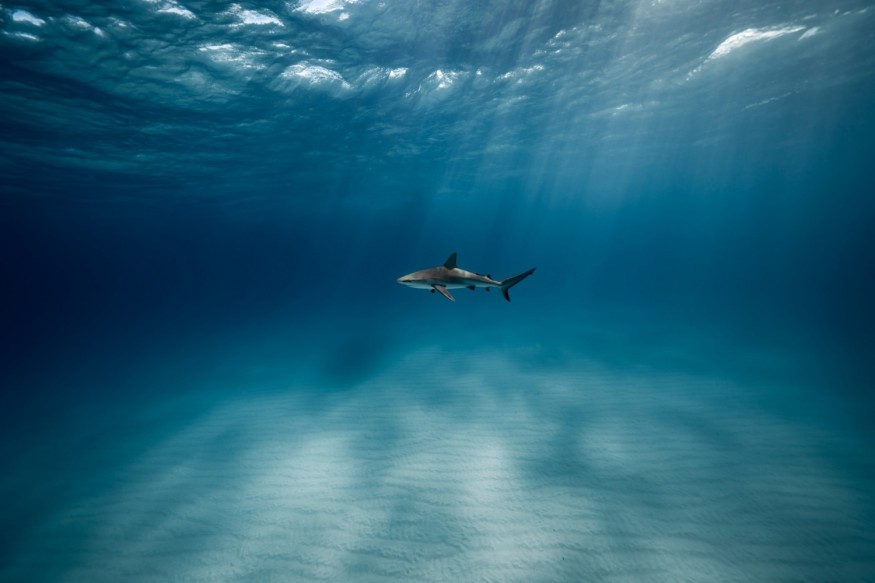A baby shark stuck inside an industrial glove was rescued by a couple scuba diving in the waters off the coast of Rhode Island state, according to reports earlier this week. The Connecticut couple Deb and Steve Dauphinais were reportedly near Jamestown when Deb first spotted the shark with its head trapped in the glove.
The marine animal was first thought to be dead but it was still alive, prompting a baby shark rescue with the assistance of the Dauphinais.
Trapped Baby Shark

It was on Monday, September 11, when the scuba diving couple found the trapped baby shark, which was eventually freed later in the day. When Deb asked Steve to call for help, both divers observed the shark had no wounds at all. After all, the shark eventually broke free when Steve pulled on the glove, as cited by the website AZ Animals.
It is unclear when exactly the young shark lodged its head into the gloves. However, it is clear that human-induced marine pollution is the main cause of the incident and other related cases in previous decades.
Based on previous reports, the pollution caused by fishing gear, plastic, and other industrial waste that goes into the world's oceans and other bodies of water has led to the deaths of some living marine organisms.
In the case of Deb, a diving teacher with around 30 years of experience and has saved different marine species from harm. In the AZ Animals report, Deb recalled that she once helped in the release of a black sea bass fish entangled in a fishing line way back several years.
Also Read : Fishermen Stranded for 28 Hours in Shark-Infested Waters Off the Louisiana Coast After Their Boat Capsized
Marine Life Entanglement
With regard to the trapped baby shark off Jamestown, the incident is only one of the many forms of danger caused by marine debris, in addition to cases related to entanglement.
Aside from sharks and large fish in general, the NOAA Fisheries states that marine mammals and sea turtles are at risk from fishing gear and marine debris. In particular, multiple marine animals such as dolphins, seals, sea lions, and whales can become entangled when they are swimming or while they are on the beach.
For instance, many objects can entangle marine life like lost or abandoned gear, commercial or recreational fishing gear, and other types of trash, the marine wildlife U.S. government agency adds.
Marine Animal Deaths
The deaths of different marine species have been evident in recent years, with scientists and conservationists blaming on different human activities, in addition to deaths related to climate change and ocean warming.
In June 2023, thousands of dead fish along a Texas beach, which shocked some residents and local authorities at that time. Experts attribute the mass fish death to low oxygen levels.
In July, thousands of dead penguins also washed up on shore but this time it is along the Uruguay coast, with causes reportedly being a mystery.
© 2025 NatureWorldNews.com All rights reserved. Do not reproduce without permission.





